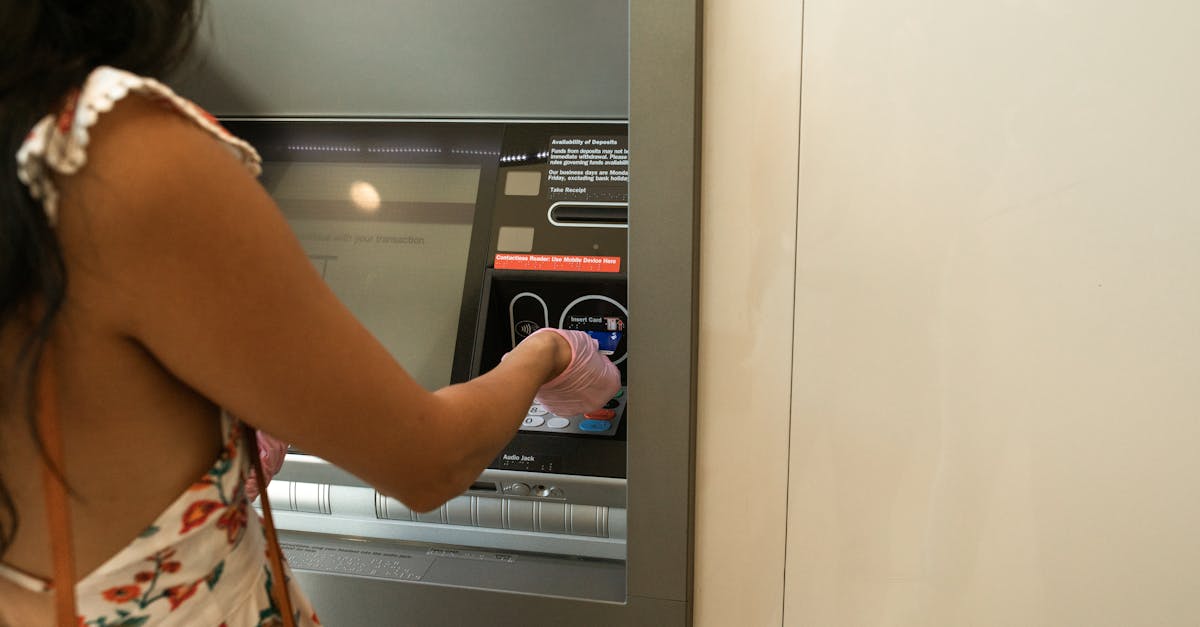Credit Unions Vs Banks Which Is Better
Introduction
When it comes to deciding where to bank, individuals are often torn between credit unions and banks. Both institutions offer various financial services, but they function differently, impacting the financial experience of their members and customers. This article aims to dissect the key differences between credit unions and banks to help potential customers make informed decisions.
Advertisement
Core Differences
Banks operate as for-profit institutions, whereas credit unions are not-for-profit entities. This fundamental difference influences their priorities and service pricing. Banks are typically driven by profit for shareholders, while credit unions prioritize returning profits to their members through minimized fees and better rates.
Advertisement
Membership vs. Customer
In credit unions, you become a member and part-owner when you open an account, giving you a say in the organization's decisions. Conversely, banks view individuals as customers with limited influence over institutional operations. This distinction can influence the level of personalized service and customer satisfaction.
Advertisement
Interest Rates and Fees
Credit unions often offer higher savings rates and lower loan interest rates compared to banks. Since credit unions aim to benefit members rather than generate profits, they usually impose fewer fees. When considering loans, interest rates, and fees, credit unions may present more favorable terms.
Advertisement
Technology Availability
Banks, especially larger ones, generally provide more advanced technological options like mobile apps and online banking services. Though credit unions have improved in this area, some smaller credit unions may struggle to keep up with the cutting-edge technological services banks provide.
Advertisement
Branch and ATM Accessibility
National and regional banks often have an extensive network of branches and ATMs, making accessibility more convenient for customers. Credit unions might have fewer branches; however, many participate in shared branching and ATM networks, extending their reach and offering free access to a massive network of ATMs.
Advertisement
Community Focus
Credit unions often have a stronger community focus, consistently reinvesting into the communities they serve. This commitment can offer personalized customer relations and additional tools and services tailored to local market needs. The decision to join one can lead to more community-driven financial support.
Advertisement
Service Variety and Expertise
Larger banks can offer a wider range of services due to their extensive resources and industry expertise. Specialized loans, investment products, and other intricate financial services are typically more accessible through banks. Credit unions may focus extensively on basic banking services and customizable member solutions.
Advertisement
Regulatory Differences
Credit unions and banks face different regulatory requirements, and this can impact their operational flexibility. Banks must meet rigorous state and federal regulations aimed at protecting consumer interests, while credit unions comply with federal insurance mandates, ensuring funds are safeguarded to a similar degree.
Advertisement
Conclusion
In conclusion, choosing between a bank and a credit union hinges on individual priorities such as rates, fees, service accessibility, or community involvement. Potential customers should weigh the pros and cons of each institution based on which aligns best with their financial goals and values. By doing so, individuals can make more informed decisions regarding their financial partnerships.
Advertisement


